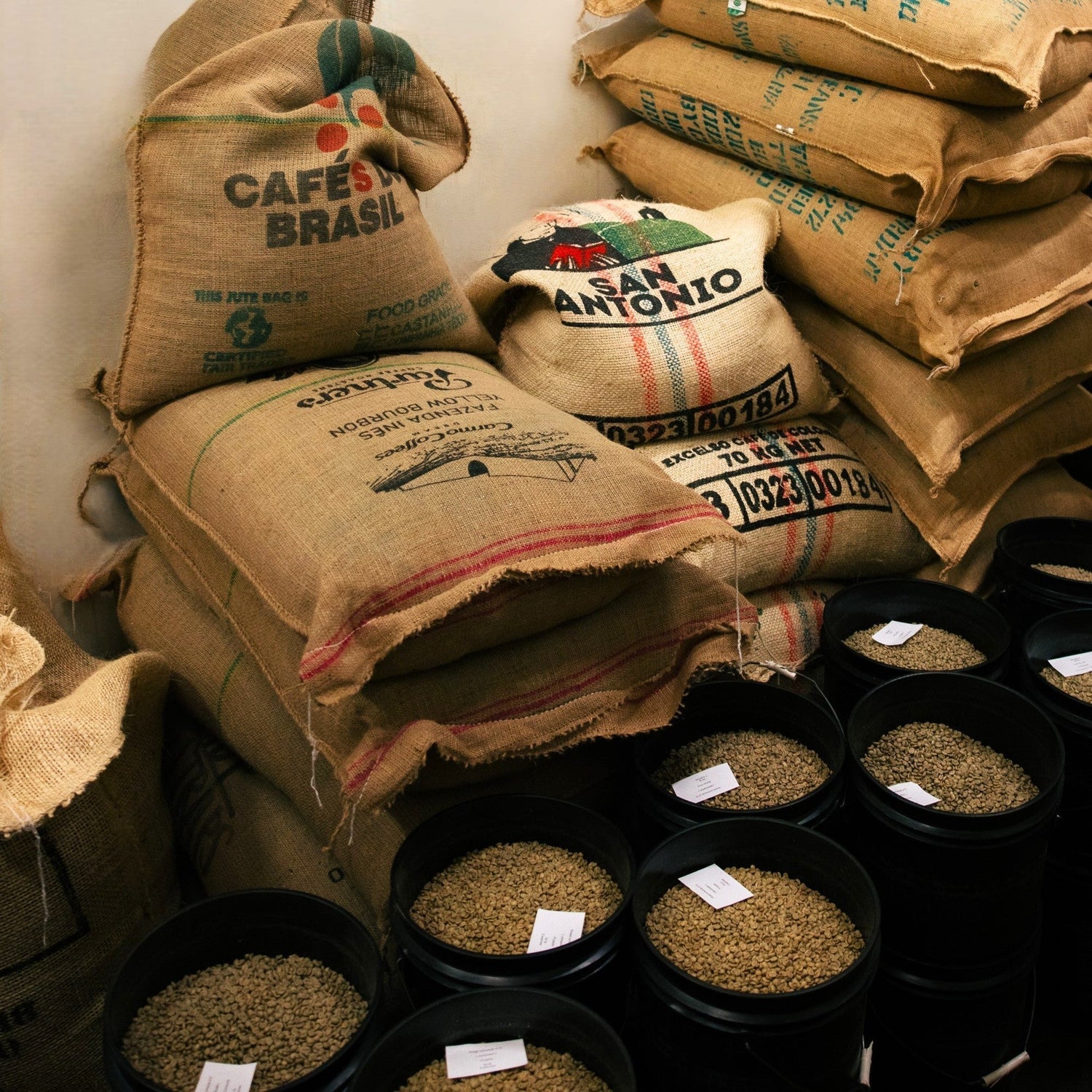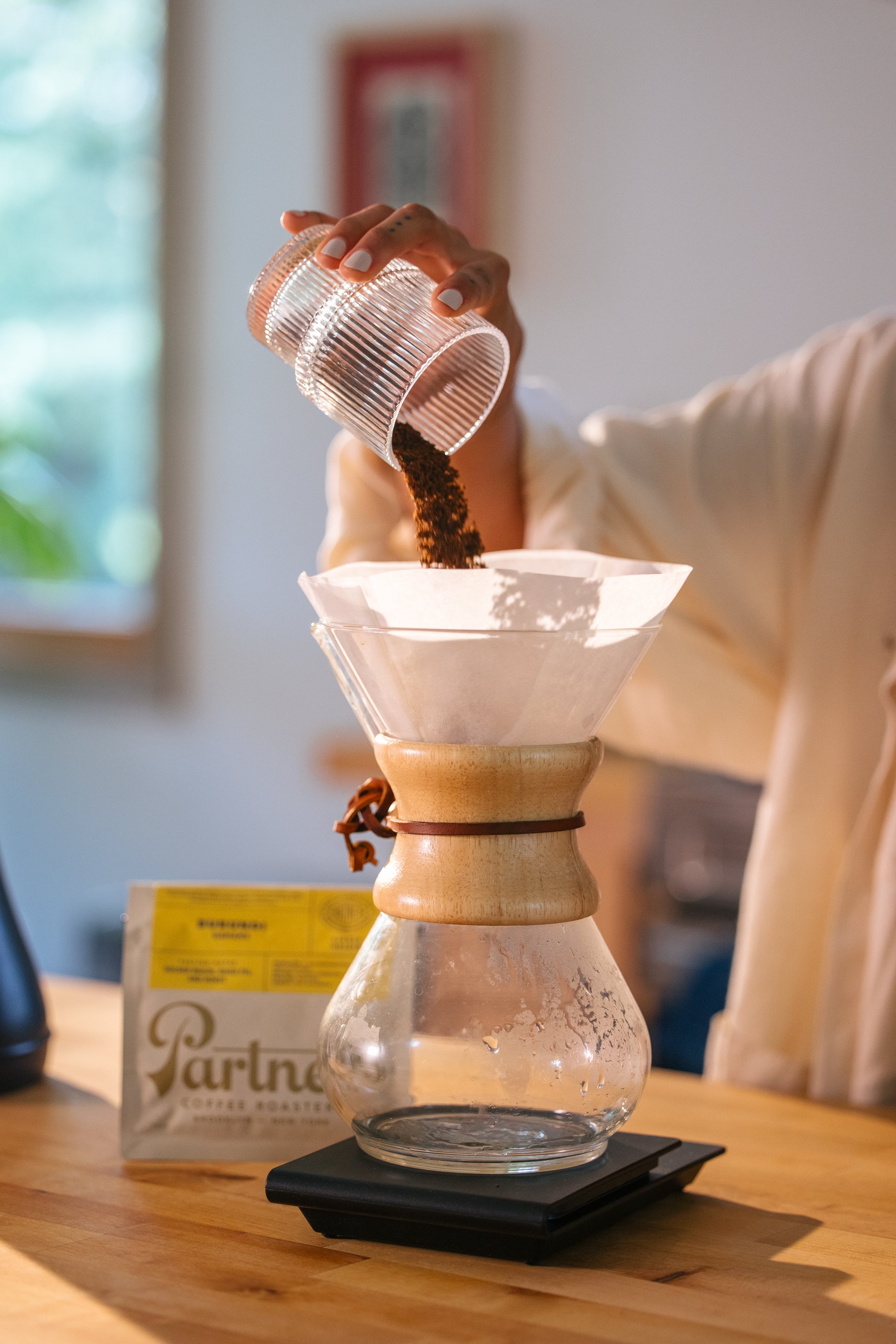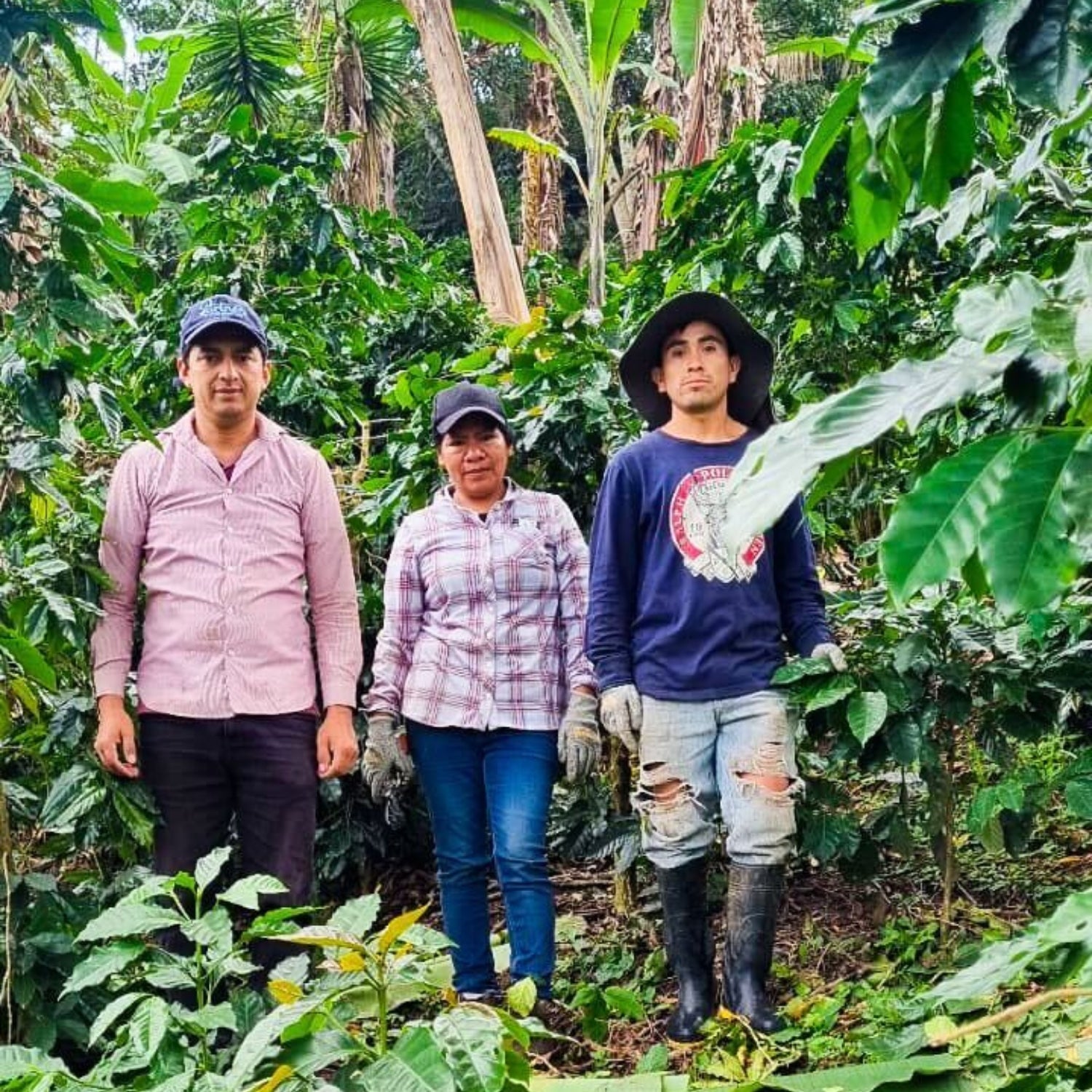Our Green Coffee Buyer, Sam, shares his insights into a globally-impactful occurrence that would insight a multitude of changes within various areas of our everyday lives.
How are tariffs going to affect us and our coffee?
If the tariffs move forward as proposed, they will impact any coffees loaded onto ships starting April 5 (for baseline 10% duties) or April 9 (for reciprocal tariffs). This is a perfect storm scenario for the coffee industry, as we're (a) in an era of historically high prices, (b) experiencing critically low domestic inventories, and (c) entering the period when Central America and Colombia are shipping a large share of their annual production.
This means coffees we contracted months ago - to secure inventory with our suppliers, but also to deliver you better prices - will suddenly cost us an additional 10-28% of their export price.
The problem with using tariffs as a political instrument is that their potency lies in their basic function - as a tax on the American consumer. A 10% tariff on Brazil or Colombia is not paid by Brazilians or Colombians, it is paid by Americans who want Brazilian or Colombian goods. The political usefulness of tariffs, then, is entirely dependent on Americans buying less of those products (or shifting to domestic alternatives) as they become more expensive. The United States produces less than 0.01% of the world’s coffee, and lacking tropical highland climates, is not capable of increasing its domestic production in any remotely meaningful way.
In practice, importers will be required to pay these tariffs before a shipment of coffee is allowed to enter the country, and they are contractually obligated to pass these costs along to us. (This is stipulated by the existing language of the Green Coffee Association’s Green Coffee Contract, the standard contract used industrywide. The purpose of this rule is to safeguard against this exact scenario - these tariffs are greater than most importers’ trading margins, and absorbing these costs could bankrupt all of them.)
With such little time between the announcement of these tariffs and the implementation of them, there is nothing we could have done to plan for this scenario.
We're in support of the National Coffee Association's lobby for an exemption for coffee, and are sharing these same concerns with our elected officials here in New York. These tariffs are not just about our own bottom line, but about the success of all of our partners, from independent coffee shops in New York, to the importers we depend upon, to the incredible folks at origin we'd really like to buy more coffee from.
This situation is both complex and evolving, and there's always more to say. Please reach out to us if there is anything we can do to help you better navigate this situation.
Frequently Asked Questions
What about Canada and Mexico?
Great question! The situation is very frustrating. After the announcement and subsequent delay of 25% tariffs on Canadian and Mexican goods effective February 1, 2025, we decided to reduce our purchasing in Mexico to mitigate unplanned costs in the event that the tariffs would be later re-installed. Now, ironically, Mexico appears to be the only country that can export coffee to the United States duty-free, as it is covered by the United States-Mexico-Canada (USMCA) agreement of 2020. Meanwhile it appears that decaf coffee, which is primarily decaffeinated in either Canada or Mexico, will be subject to tariffs according to its country of agricultural origin.
What about packaging?
Yes, packaging costs will increase for us too.
When will we see the effects of these tariffs?
Inventory that is already loaded onto ships or arrived here in the United States is not subject to the new tariffs. However, we’re in a period where there is very little inventory in the United States (importers are holding very little inventory due to severe liquidity issues in the market and roasters are holding very little inventory due to the record price of coffee). Some roasters will push price increases immediately to “strike while the iron is hot” in that there is sufficient consumer awareness that blanket tariffs will raise coffee prices. Some will delay for as long as possible to run through existing inventory, hope for an exemption or reversal of tariffs, or simply to avoid pushing another price increase. What is important to know is that no coffee company in the United States can avoid these tariffs if they remain in place.
And what if they’re reversed?
Well, that’s one of the issues. If they’re reversed immediately, great - one less thing for us all to worry about. If they’re reversed in a month or two, we’re going to see inventory land in the United States for which tariffs are paid in full at the port of entry. This will be the case whether a roaster has already bought that coffee, or an importer has contracted it to eventually sell it to a roaster. So, it may be that the tariffs are reversed for new shipments, but prices still rise for a period of time due to sunk costs on landed coffees.
Could tariffs have a deflationary effect on coffee prices?
Maybe? The market would have to fall very, very far to bring us back to the range we’ve been accustomed to in the last ten years, especially once tariffs are factored into the final price. Even then there are other economic factors to account for (like the fact that tariffs will likely discourage the replenishment of domestic inventories, which puts a premium on coffees already arrived or soon to arrive in the United States, which can be complicated for importers and large roasters who manage prices through hedging). This is all to say nothing of the actual market circumstances, such as poor climate conditions, a significant shortage of farm labor, and surging demand in other markets like China, that have led to the record prices we’re currently experiencing in the first place.
Additional Articles
Sprudge, The National Coffee Association Requests Tariff Exemption
Daily Coffee News, Here Are the New US Tariffs on Major Coffee Producing and Exporting Countries








Leave a comment
This site is protected by hCaptcha and the hCaptcha Privacy Policy and Terms of Service apply.